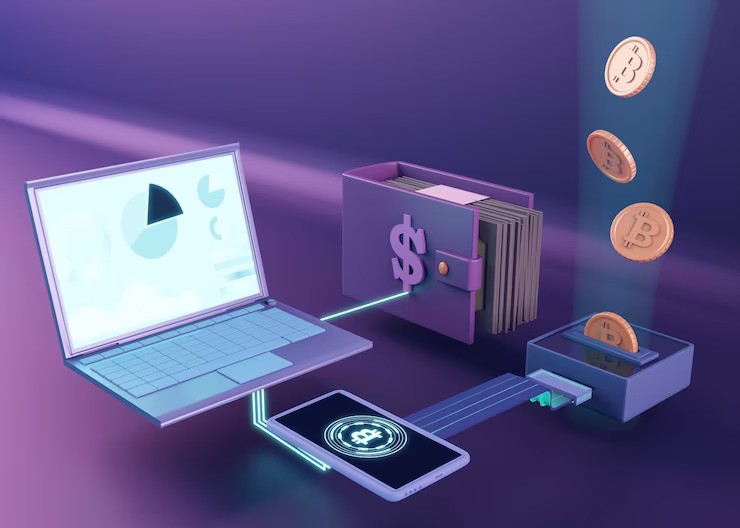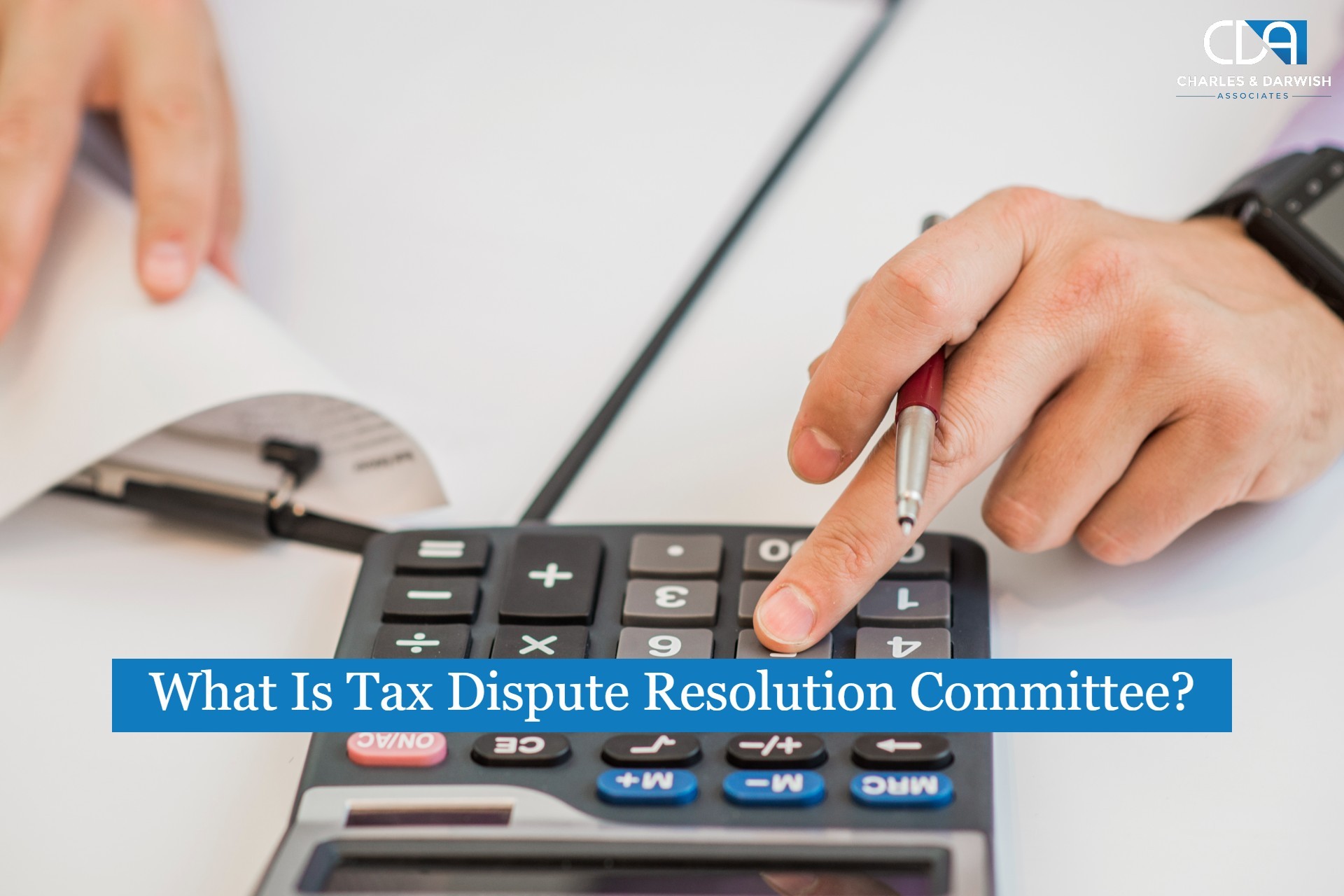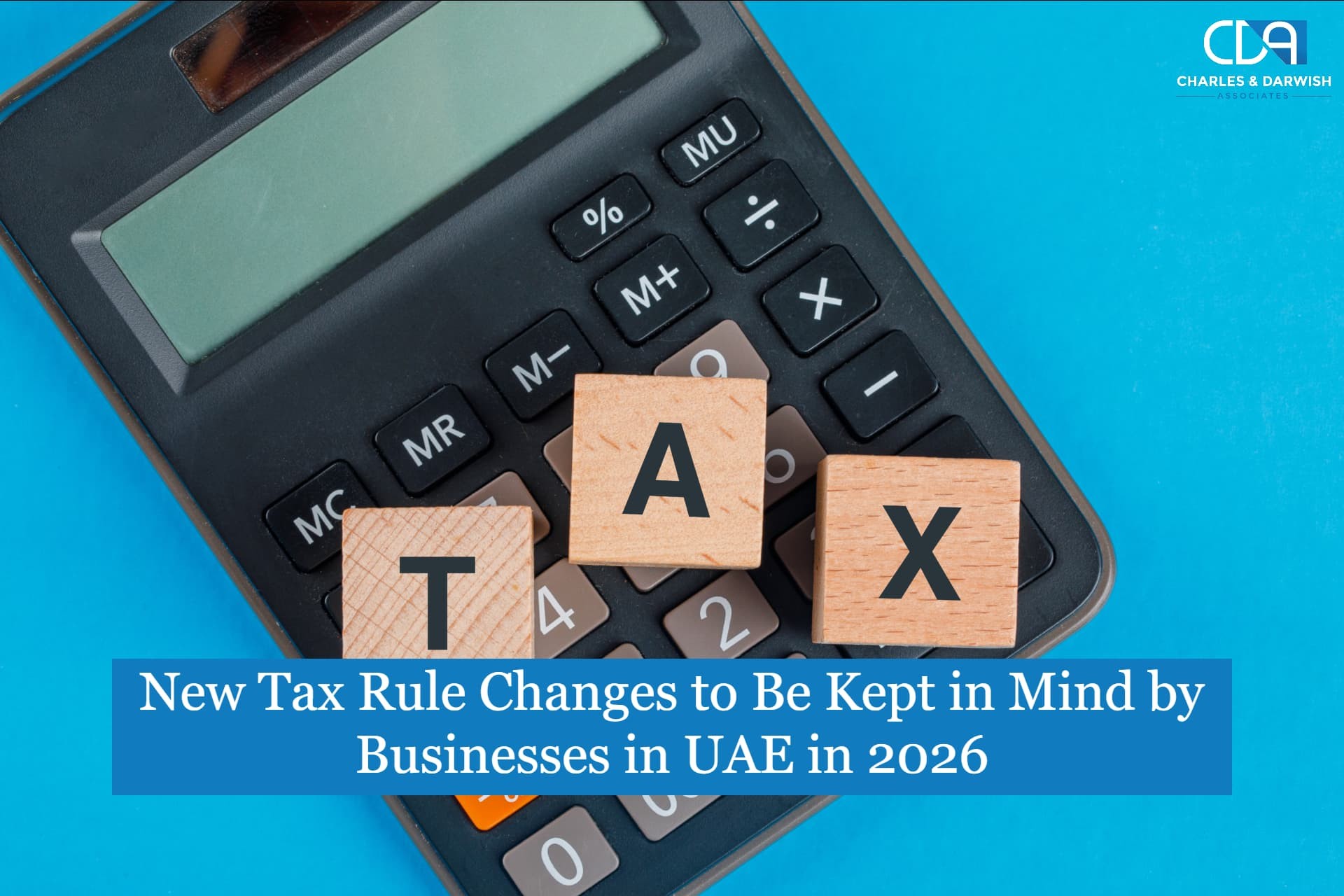What is the Future of Crypto Assets Regulation in UAE?
In this day and age, all of us have heard of crypto assets, cryptocurrencies, etc. But, how many of us actually understand the meaning of these terminologies?
In layman's terms, crypto assets are digital assets that use cryptography, peer-to-peer networks, and distributed ledger technology. A distributed ledger technology makes use of a decentralised network. An example of such a network is blockchain technology, which makes use of blocks and chains to store data. Crypto Assets may be of the following types, cryptocurrencies, utility tokens, security tokens, non-fungible tokens, etc.
With the rise in popularity of crypto assets in the market, which has led to them becoming mainstream instruments rather than niche products, there is an urgent need to regulate them. This need arises due to the fact that these assets are unregulated, which leads to various concerns such as money laundering to fund illegal activities, the need to protect investors' interests, cyber risks, etc. The International Monetary Fund (IMF) has also highlighted the need to teach more efficient usage of cryptocurrencies, as misuse of the same can lead to instability in countries.
To be able to understand the regulation of crypto assets in UAE, one needs to understand the composition of UAE, which consists of seven emirates: Dubai, Sharjah, Abu Dhabi, Ajman, Umm Al-Quwain, and Ras Al Khaimah. Each one of these emirates has jurisdiction over specific matters. whereas financial, banking, and financial regulatory matters are handled by the federal state. Within the boundaries of the UAE, individual free-zone areas exist. Currently, two such free-zone areas exist: Abu Dhabi Global Market (ADGM) and Dubai International Financial Centre. (DIFC). Within the onshore UAE, the responsibility for regulation of the financial sector is that of the UAE Central Bank.
Dubai International Financial Sector
The Dubai Financial Sector is regulated by the Dubai Financial Services Authority (DFSA). The DFSA took its first steps towards regulating the financial sector with the introduction of investment tokens and crypto tokens in September 2021. The Virtual Assets Law, which came into place in 2022, oversees and regulates all transactions related to virtual currencies and digital tokens. The law defines virtual assets broadly and clarifies that cryptocurrencies, tokens, and non-fungible tokens are part of the class. With the onset of the Virtual Assets Law regulating crypto assets, the Dubai Virtual Assets Regulatory Authority (VARA) came into place. VARA is responsible for regulating, governing, and licencing various virtual assets, and has the right to take action in case of any wrongdoing. It also aims to promote Dubai internationally in the virtual asset world.
Abu Dhabi Global Market
The regulation of crypto assets in the Abu Dhabi Global Market (ADGM) is done by the Financial Services and Markets Regulators (FSMR) 2015 and Financial Services Regulatory Authority (FSRA) acts as a subsequent regulatory authority. The rules regarding the trading of virtual assets by an authorized person in ADGM are given in The Conduct of Business Rulebook. (COBS)
Onshore UAE
In the onshore UAE, the Securities and Commodities Authority (SCA) issued SCA Decision No. 23 2022 concerning Crypto Assets Activities Regulation. CAAR is responsible for the regulation and licencing of key aspects of dealing with crypto assets. It does not include those items that are regulated by the central bank, such as currencies, virtual currencies, payment tokens, etc.
With the rising trend in Crypto Assets, it is considered favourable for an economy to create a growth-oriented virtual asset business environment while taking steps to regulate the volatile crypto industry. With the help of its crypto-friendly rules and regulations, the UAE has been a pioneer in creating such an environment and promoting the trade of crypto assets.
From the above information, it is clearly evident that dealing with crypto-assets must be carried out with caution as it is one of the riskiest assets. A slight mistake can cause mishaps, but it is still an innovative technology that can turn out to be the future of prosperous countries.
How can CDA assist you?
CDA has been providing various accounting and auditing services to its clientele around UAE for over a decade, which has made it one of the leading consulting firms. You can approach us to get any kind of advice on the use of crypto assets, their regulations, or the workings of such digital assets. Our veteran professionals can provide you with appropriate strategies to use such assets and stay compliant with the regulations laid down by the authority. To know more about our diverse services, feel free to contact us now.

Mark Thompson
Full-stack Developer, Blogger, and Tech Enthusiast.
Mark specializes in digital marketing, SEO, and content strategy.













